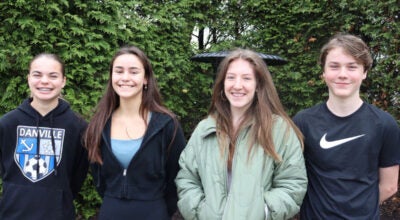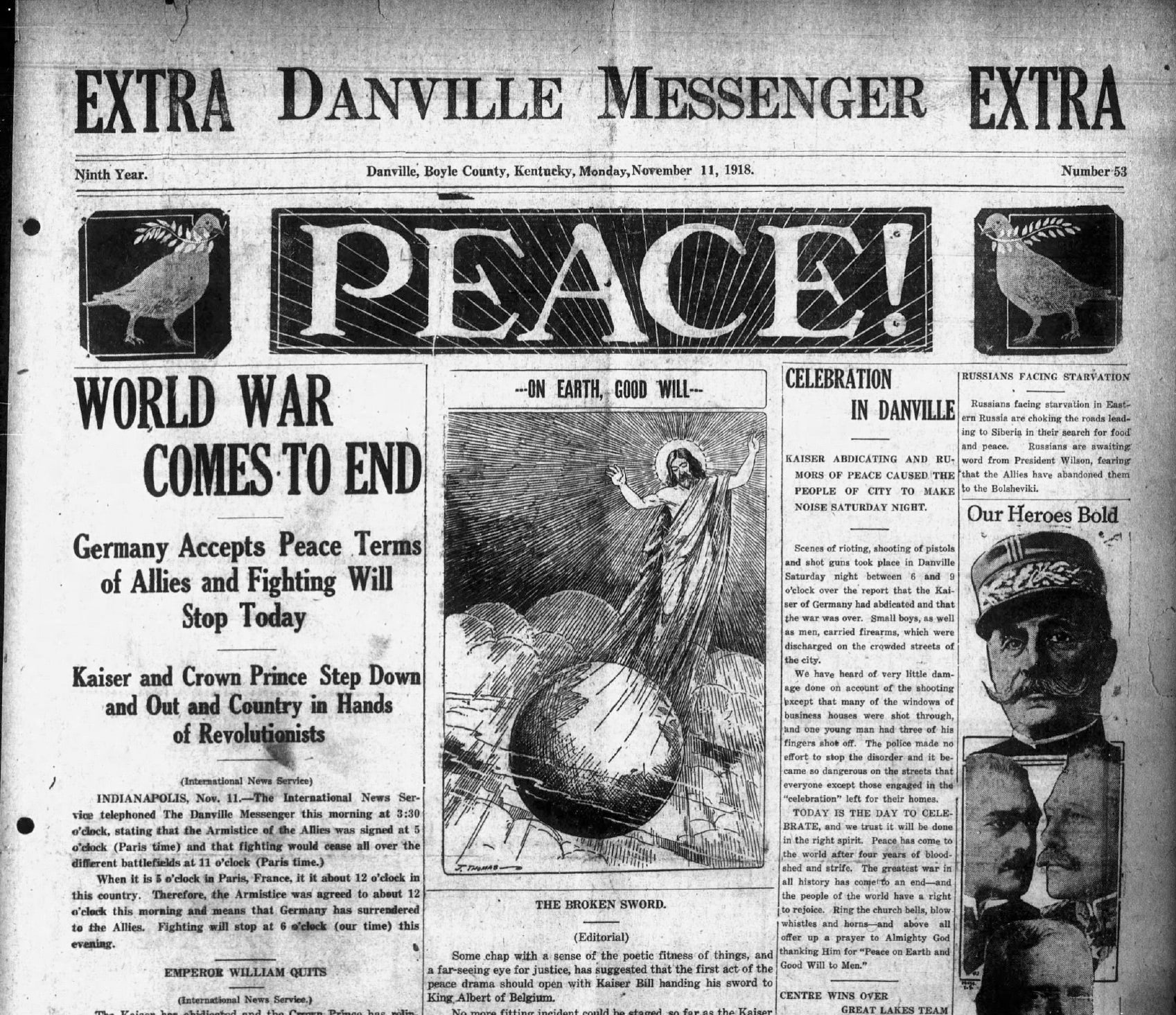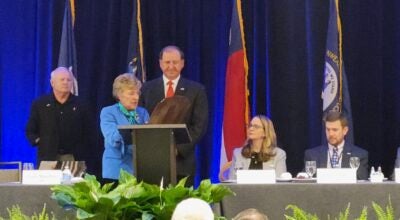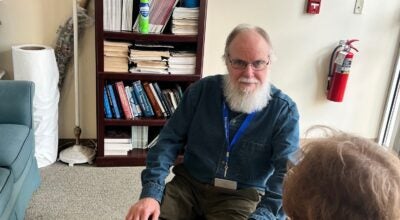Coffee with Mimi: One of the best speeches
Published 6:33 am Saturday, August 18, 2018
By MIMI BECKER
Contributing Columnist
Throughout history, important and powerful people have uttered phrases which had purpose at the time. Truly great speakers perhaps gave no thought to the life of any particular phrases within an address given on one day to a gathering of community leaders, church congregation, college commencement or any other place folks were listening.
When Abraham Lincoln was preparing his thoughts in the days and hours before standing in front of the gathered citizens and guests in Gettysburg, Pennsylvania, his purpose was more immediate with no regard to his place in the history books. Yet, every school child in the United States can recall later, as an adult, at least a portion of the speech delivered on that day in November 1863.
Lincoln had been invited, along with other dignitaries, to make remarks at the dedication of the cemetery at Gettysburg on that day in November. The commemorative event was less than five months after the awful events in the fields and roads of the very small community which resulted in the deaths of an estimated 7,000 men and another 43,000 wounded or missing.
Ever the student of history, Lincoln drew a parallel between the founding of this country precisely 87 years to the day before the horrible and painful battle in that tiny town in Pennsylvania, a mere 140 miles from Philadelphia.
The president of the United States uttered less than 275 words, standing before the somber crowd for no more than two minutes. Edward Everett was the featured speaker and spoke for almost two hours. (Edward who?)
Everett later wrote to Lincoln of his regret that he had missed the point in his two-hour oration which Lincoln conveyed in his two minutes.
For a man who spent less than one year of his life in formal educational settings, Lincoln instinctively crafted a speech for the ages. Analysts have pored over the manuscript and described the perfection of the format, which has worked since the age of great Greek orators.
First, Lincoln made specific reference to the significant contributions of people who came before those present, including himself. In real words, he recognized there was a world of special and important work done before this moment.
He included and honored the special dedication of others to the preservation of common ideals. He asked those living to value, share and continue the work of those who gave their “last measure” for the common good of people they didn’t even know.
In possibly the most quoted speech in American history, Lincoln did not use the word “I” a single time, nor mention another individual by name. At a moment in history when Americans were engaged in the most critical challenge to their very existence as a nation, the president made no disparaging remarks or insinuations while recognizing the enormity of the shared work still to be done.
I don’t presume to consider myself anywhere near the level or even in the same sentence with Lincoln. But, I truly wish, in life, I could follow the outline, the delivery and the intent of the Gettysburg address. And, more importantly, pass it on.
First, I didn’t get here all by myself. I have parents and siblings and a husband and kids and many friends and coworkers. Not to mention, a line of ancestors doing ordinary things who can be traced to the founding of this country. I have a great life, and there is room for lots of people in it.
People I don’t even know make a lot of my great life possible. Unseen people provide the books I read, the movies I watch, the food I eat and so on and so on.
And, people have literally died to make my great life possible. At heart, I wish war and conflict were nonexistent, now or ever. In reality, I can’t deny them. I can only hope there are lessons we can learn and actions we can take when our better angels are not at work.
Finally, there is always work to be done and everyone can do part of it. Recently, I heard an interview in which a person said he just does what he can do, where he is, with what he has and what he knows, today. It isn’t a difficult decision. I think he read the Gettysburg address, and read it again and again.
We consider ourselves to be educated if we can recall and recite bits and pieces of certain famous and significant documents. As parents, we sit at the kitchen table in the evening and help our children memorize certain of these documents. We even take the children to see the documents displayed at historic sites.
As a teacher, I presented the Gettysburg Address to my students every year. We studied the context and discussed it. I found and posted a political cartoon of Lincoln leaned up against a wall intent upon something in his hands. The banner above his head read, “4 scor n 7 yrs ago R 4fathers….” The title of the cartoon was “The Gettysburg Tweet”.
I should have spent more time on it.






